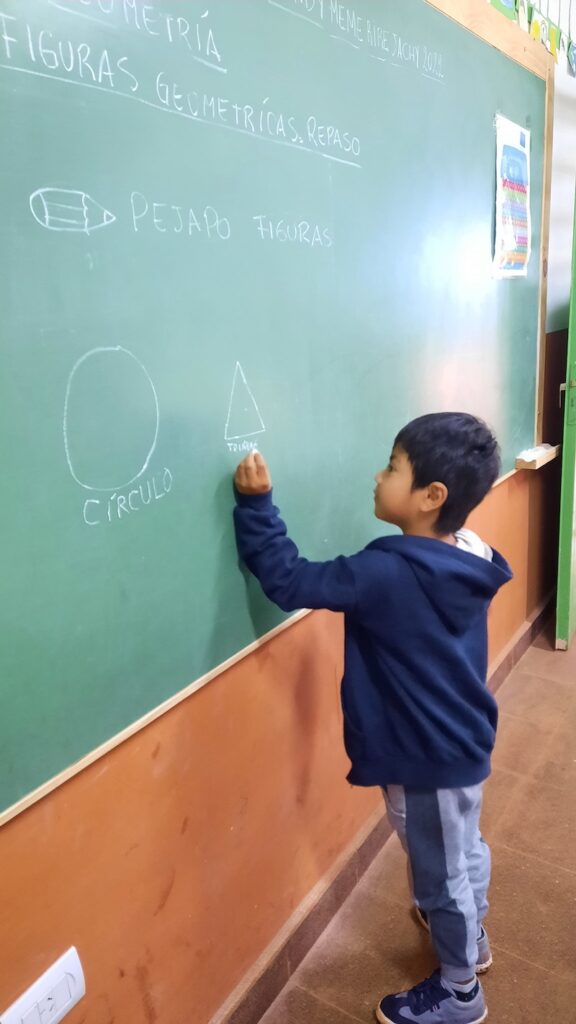What does Universal Education mean?
Access to education for all individuals is commonly referred to as Universal Education.
It emphasizes the importance of providing equal opportunities for everyone to acquire knowledge and skills regardless of their background or circumstances.

Equality and Equity are fundamental concepts in social development, applicable to any society and the global community as a whole. Education equality ensures that every individual, irrespective of their gender, nationality, race, religion, social or economic background, has equal access to education. On the other hand, education equity strives for fair treatment, ensuring that everyone is provided with the necessary resources and support to thrive in their educational journey. This pursuit is particularly challenging due to the widening gap between the privileged and the underprivileged.

EDUCATION: ONE OF THE DECLARATIONS OF HUMAN RIGHTS BY THE UNITED NATIONS (UN)
The Universal Declaration of Human Rights (UDHR) is a significant document in the development of human rights. Created by representatives with diverse legal and cultural perspectives from around the globe, the Declaration was adopted by the United Nations General Assembly in Paris on 10 December 1948 (General Assembly resolution 217 A) as a shared benchmark for all individuals and nations to strive towards. This declaration establishes essential human rights and the article 26 states that everyone is entitled to education.

UNESCO UNIVERSAL EDUCATION: Achieving Equality and Inclusivity
The Mission of UNESCO
UNESCO, the United Nations Educational, Scientific and Cultural Organization, is committed to promoting peace, security, and sustainable development through international cooperation in education, the sciences, and culture. One of UNESCO’s key initiatives is the promotion of universal education for all.
UNESCO universal education promotes a diverse and inclusive learning environment where individuals of all backgrounds feel valued and respected. This fosters mutual understanding, tolerance, and cooperation among different cultures and communities.
Nowadays, with the more accurate use of the terminology, the term “universal education” appears peculiar and excessively ambitious, as we lack knowledge of the entire universe to categorize education as universal. Instead, it would be more appropriate to reframe this goal as for example “Education Access and Resources for All.” Our focus should be on establishing accessible and free education for all individuals worldwide. It is evident that we still have a significant journey ahead before we can truly embrace the concept of universal education.





